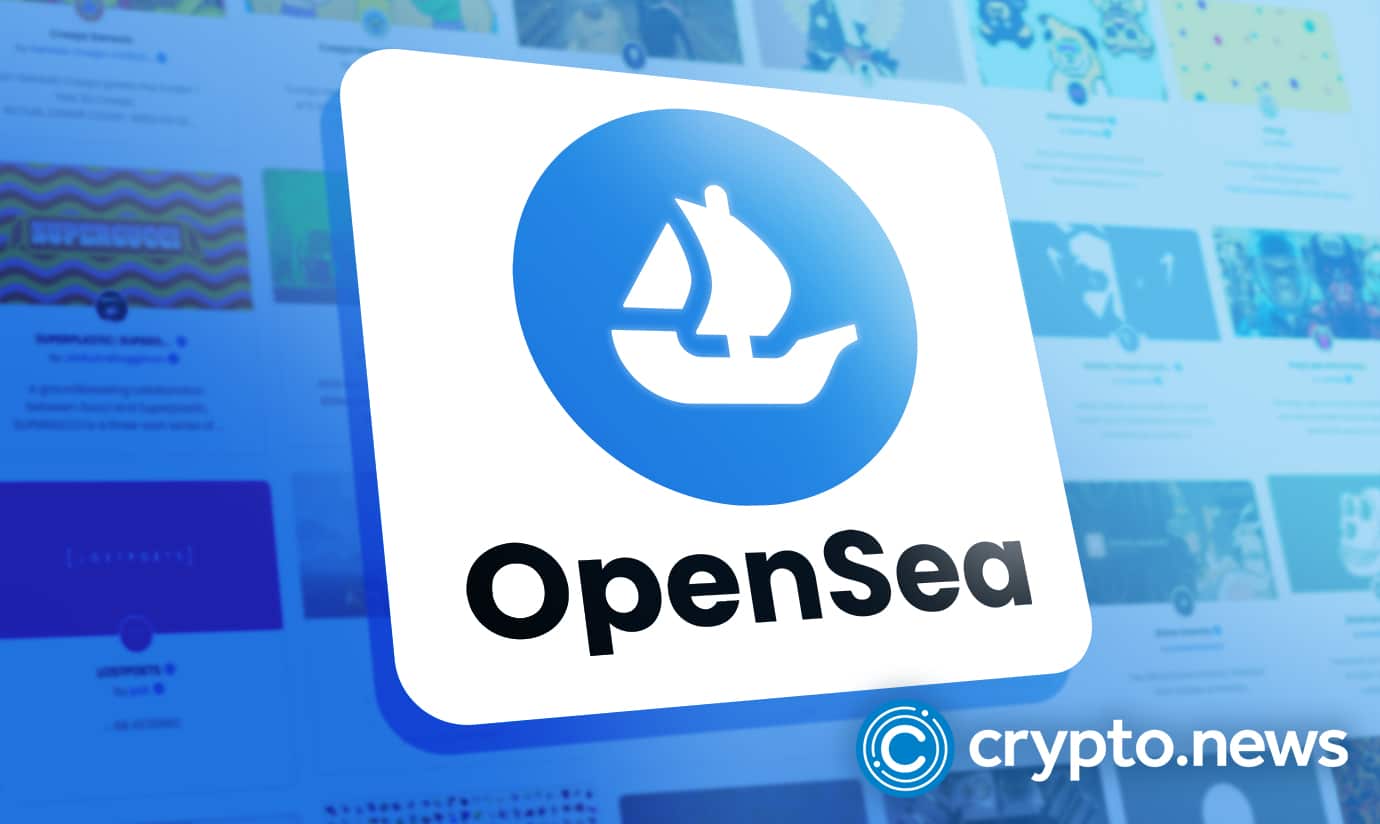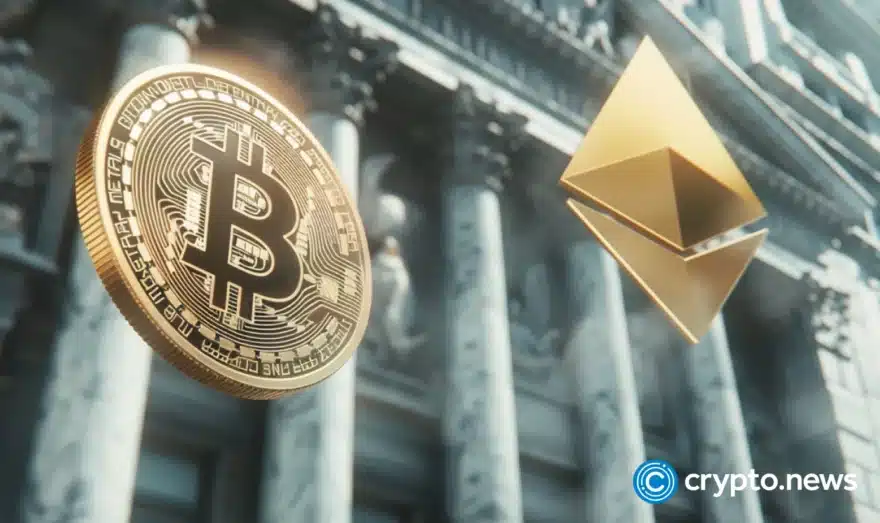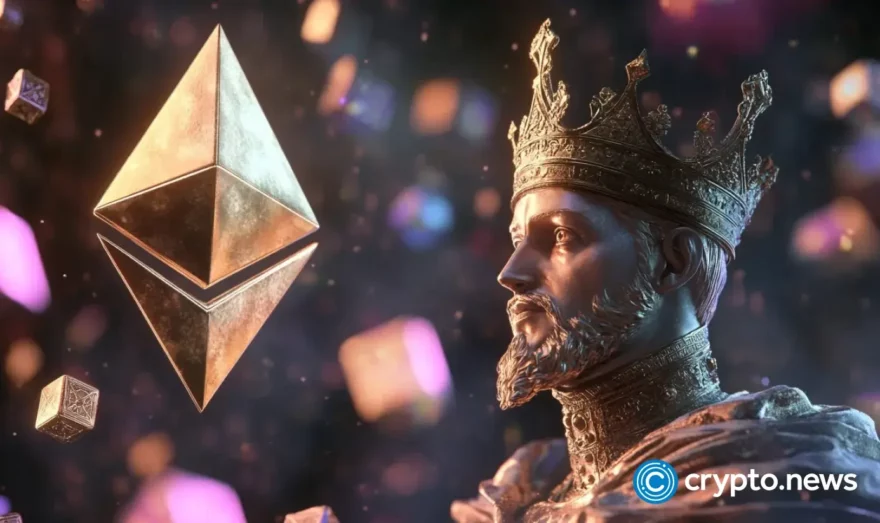OpenSea Announces Ethereum PoS NFTs Support, Says Forked PoW NFTs Won’t be Reflected

OpenSea stated in a tweet that it is planning for a smooth transition to ETH 2.0, but that it will require monitoring, handling, and interaction. Upon the completion of The Merge, OpenSea intends to allow non-fungible tokens built on Ethereum’s PoS version, but the trading platform will not support NFTs from forked ETHPoW networks.
Ethereum NFT Trades on OpenSea
Over $31 billion in Ethereum-based NFTs have been traded on OpenSea. The total sum was raised by trading non-fungible tokens backed by the existing PoW Ethereum version.
The Merge marks the completion of Ethereum’s transition from PoW to PoS, with the Beacon Chain and its validators becoming the foundation of the blockchain network. Several crypto outfits will be affected and are currently preparing for the move.
OpenSea Seaport Protocol Now Supports Polygon
With the Ethereum merging just days away, OpenSea has disclosed that its marketplace would only support the Ethereum PoS chain after successfully completing the merge.
According to OpenSea, its team has been working on the OpenSea product in anticipation of Ethereum’s forthcoming shift into its Proof-of-Stake chain. This is done to guarantee that the procedure runs smoothly.
According to OpenSea, progress toward the merger has been seamless, and the company does not anticipate any major challenges throughout the changeover. They are, however, “committed to monitoring, managing, and communicating throughout.”
Seaport Protocol Benefits
OpenSea is working on new projects and is ready for the switch to Ethereum PoS. OpenSea declared earlier this week that it would integrate the Polygon blockchain into its recently released Seaport Protocol. This transition allows OpenSea to maintain its market in a more energy-efficient manner.
Polygon on OpenSea was previously driven by the 0x protocol. On the other hand, a transition to Seaport will give OpenSea a stronger and more stable infrastructure.
The OpenSea seaport protocol operates differently than other NFT marketplaces. OpenSea employs the “offer & consideration” mechanism rather than a peer-to-peer transaction. This appears to be a sophisticated transaction in which buyers can give agreed-upon digital items in Ethereum (ETH) or ERC20, ERC721, and ERC1155.
The elimination of initiation fees for new platform users will be another advantage of migrating to the Seaport protocol.
Crypto Accounting Rules Are on the Way
The accounting for crypto assets in their portfolios has been a point of contention for businesses and investors owning digital assets. However, the FASB didn’t include crypto in its list of technical priorities until May.
The board’s rulemaking process has begun with the new criteria framework. FASB would still need to submit and evaluate a proposal before enacting new regulations.
However, For businesses holding these assets, it would be difficult to exclude NFTs and some stablecoins.
Companies that own NFTs and other crypto assets now adhere to the non-binding Association of International Certified Professional Accountants (AICPA) accounting standards.
If the asset’s value declines below its acquisition cost, they receive a write-down, and the only time they are required to report a profit is when they sell it for more than they paid for it.
Due to the industry’s volatile nature, corporations holding crypto have criticized these accounting standards and are advocating for a fair-value accounting norm.
A FASB spokesman reportedly told the Wall Street Journal that all early conversations on crypto accounting regulations would come to a conclusion this year. The board will then decide whether to make a proposal by casting a vote.
















